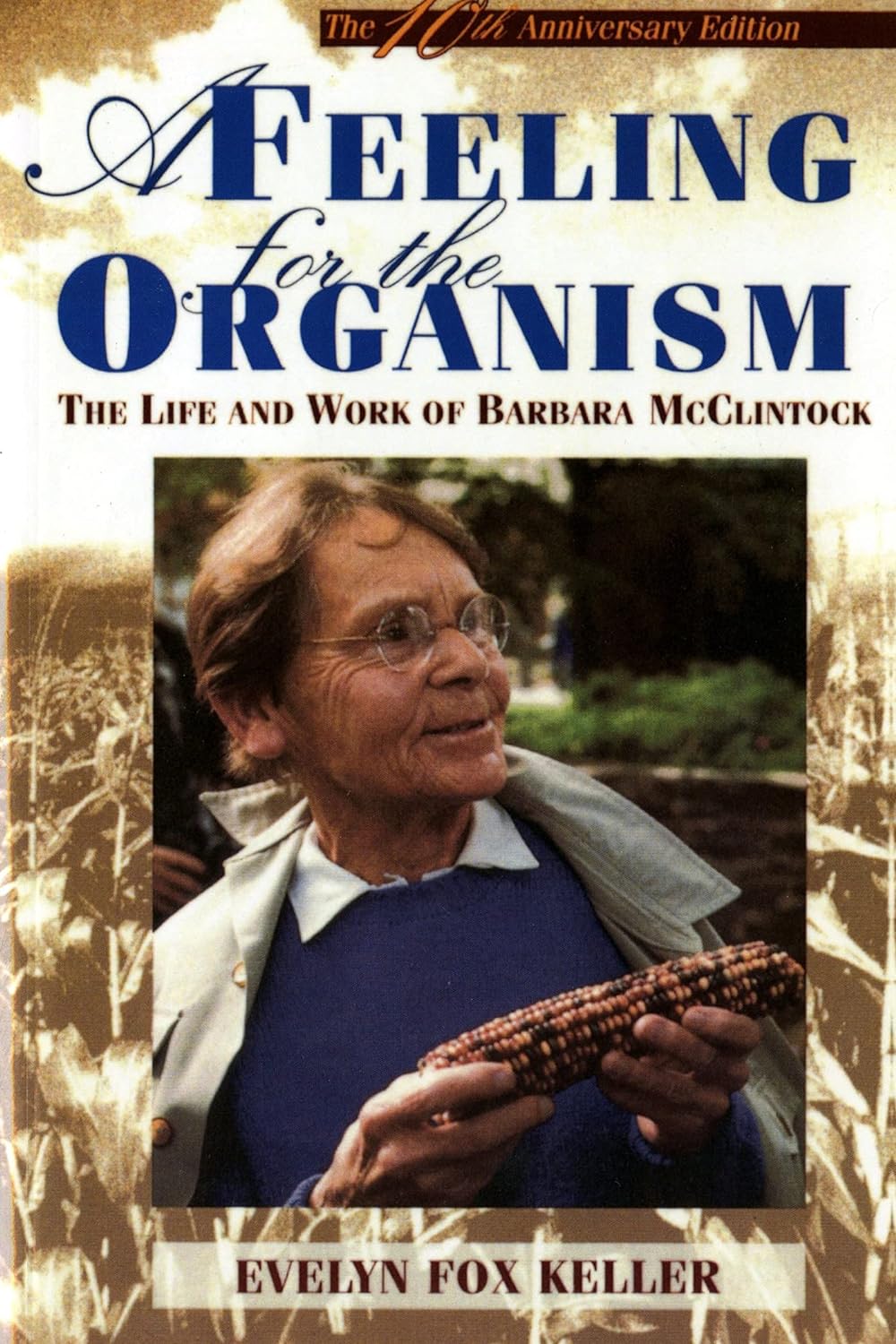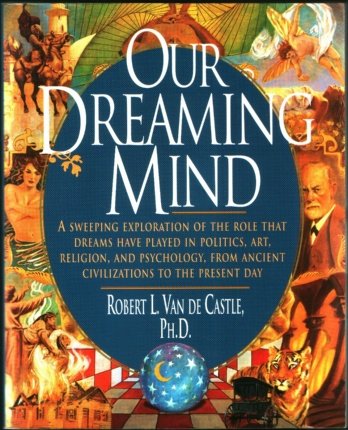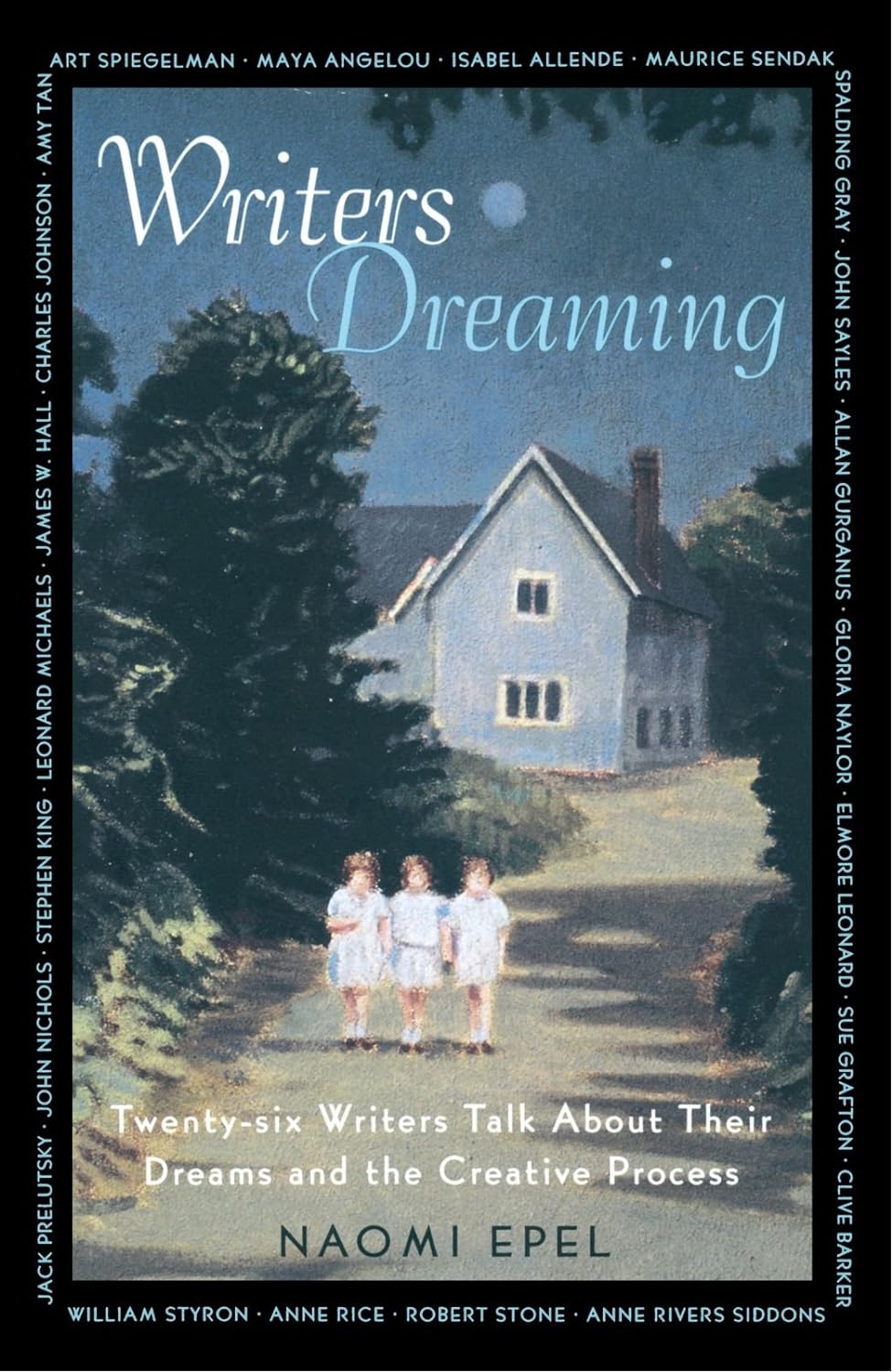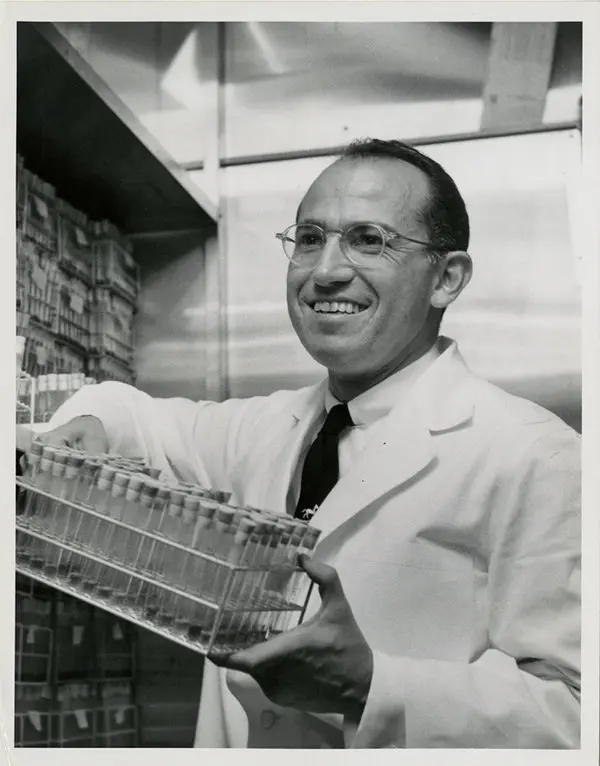Quotes & Research
Whether it's called a hunch, gut instinct, intuition, ESP,
or psychic ability, it's all part of the psychic
sense.

Barbara McClintock, cell geneticist, Nobel laureate, mother
of epigenetics:
“When you suddenly see the problem, something
happens that you have the answer—before you are able to put it
into words. It is all done subconsciously. (She also used the
word intuition to describe how she knew.) This has happened too
many times to me, and I know when to take it seriously. I’m so
absolutely sure. I don’t talk about it, I don’t have to tell
anybody about it, I’m just sure this is it."
A Feeling for the Organism: The Life and Work of Barbara
McClintock
Evelyn Fox Keller
Tom Peters, management consultant and best selling
author:
“Leaders trust their guts. ‘Intuition’ is one of
those good words that has gotten a bad rap. For some reason,
intuition has become a ‘soft’ notion. Garbage! Intuition is
the new physics. It’s an Einsteinian, seven-sense, practical
way to make tough decisions. Bottom line, circa 2001 to 2010:
The crazier the times are, the more important it is for leaders
to develop and trust their intuition."
Fast Company Magazine #44, February 28, 2001


Colin Powell, former Secretary of State and U. S. Army
General:
“Dig up all the information you can, then go with your
instincts. We all have a certain intuition, and the older we get,
the more we trust it…I use my intellect to inform my instinct.
Then I use my instinct to test all this data."
My American Journey
Colin Powell, 1995, p. 393
Conrad Hilton, Founder of Hilton Hotels:
Autobiography, includes how Conrad Hilton used his
"Connie's hunches" to be successful in
business.“I’ve been accused more than once of playing hunches.
Since I suppose I do and it sounds so mysterious, a little like
following a Ouija board or gazing into a crystal ball, and since I
further believe most people have them, whether they follow them or
not, I’ve tried to figure out what’s in a hunch. I think the
other name for hunch is intuition…”
Be My Guest
Conrad Hilton, 1957a, P. 196


Harriet Tubman's psychic abilities:
Scenes in the Life of Harriet Tubman
Sarah Hopkins, 1869
Harriet Tubman: The Moses of Her People
Sarah Hopkins Bradford, 1886
Scientists, business professionals, musicians, artists, writers and more...on their use of dreams in their work:
Our Dreaming Mind
Robert L. Van de Castle, Ph.D., 1995
Examines the
role dreams have played throughout history, including how
scientists, business professionals, military and political
leaders, musicians, artists, and writers have used dreams in their
work, including:
Friedrich A. von Kekule, professor of
chemistry at Ghent, Belgium, who revolutionized organic chemistry
from a dream. (p. 35-36)
Frederick Banting, a Canadian
physician who awoke from a dream that led to isolating the hormone
now known as insulin. (p. 36)
Dmitri Mendeleyev,
professor of chemistry at Saint Petersburg, who developed the
Periodic Table of Elements based on a dream, predicting the
existence of 3 elements that were later discovered. (p. 35)
President
Lyndon Johnson's dream that contributed to the cessation of
the Vietnam War. (p. 23)
General George Patton who got
battle plans from his dreams. (p. 24)
President Abram
Lincoln's dreams about his death. (p. 30)


Eureka: Understanding and Using the Power of Your Intuition
Anne Salisbury, 2008
Reviews how intuition has
been used in history, how it works, and how to develop it.
Examples of noted people who have used intuition:
Pythagoras,
Plato, and Aristotle. Archimedes' experience gave the author
inspiration for the title of her book, "Eureka!"
Albert
Einstein: "My understanding of the fundamental laws of the
universe did not come out of my rational mind." (p. 29)
Alexis
Carrell, Nobel Prize-winning surgeon/biologist: "All great
men are gifted with intuition. They know without reasoning or
analysis, what they need to know." (p. 59)
Writers Dreaming: 26 Writers Talk About Their Dreams and the
Creative Process
Naomi Epel, 1994
How writers use
their dreams in their work, including Stephen King, Anne Rice,
Maya Angelou, & Sue Grafton.


Jonas Salk, developed the polio vaccine:
"Reason alone will not serve. Intuition alone
can be improved by reason, but reason alone without intuition can
easily lead the wrong way...That's why I think that there is
both an art and a science to what we do. The art of science is as
important as so-called technical science. You need both. It's
the combination that must be recognized and acknowledged as
valued."
Interview with Jonas Salk
May 16, 1991, San Diego, CA, by the Academy of Achievement
Psychic Research
ESP Researchers
The Rhine Research Center
Institute of Noetic Sciences
Society for Scientific Exploration
University of Virginia - School of Medicine - The Division of
Perceptual Studies
Charles Tart
Parapsychological Association
International Academy of Consciousness
Stanley Krippner - Saybrook University
The Intuitive-Connections Network
Henry Reed
